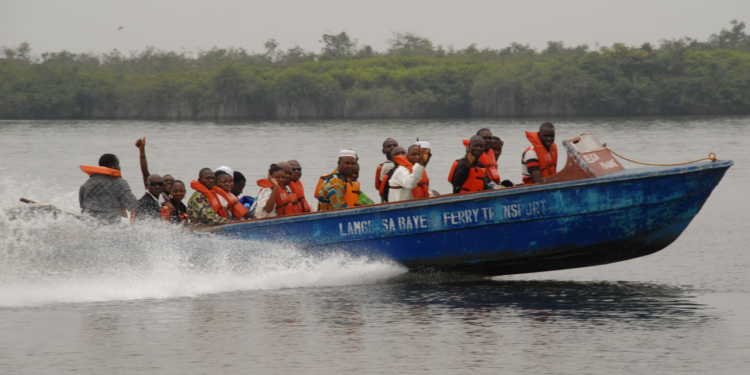In a bid to curb the incessant incidents of boat accidents nationally, the National Inland Waterways Authority (NIWA), said it will phase out and ban the operations of wooden boats on Nigerian waterways.
LEADERSHIP reports that wooden boats have been responsible for major mishaps on the inland Waterways especially in the northern part of the country.
However, speaking to journalists, the managing director of NIWA, Bola Oyebamiji, described the phase out as the best approach to holistically address boat mishaps across the nation.
Oyebamiji, however, noted that he would be engaging the Marine and Blue Economy Minister, Adegboyega Oyetola and the Presidency to make this move a national directive.
He further asserted the development will be introduced in phases with short term, medium term and long term goals to ensure inland waterways operations aren’t severely hampered.
Meanwhile, the NIWA boss noted that the Authority has increased its sensitization at riverine communities especially with traditional and religious leaders to reinforce grassroots awareness campaigns.
His words: “After launching the Inland Waterways Transportation Code, we moved to engage traditional and religious leaders. Subsequently, we increased the number of Waterways Marshals from 80 to 350 for the enforcement of the transportation code.
“Our experience in Gbajigbo, Niger State, spurred us to engage the Transportation Commissioners across the 24 states with navigable waterways. We had a meeting in Abuja and 23 out of the 24 commissioners were in attendance.”
Oyebamiji encouraged the state government with navigable waterways and private sector operators to invest in assets to ensure safety and efficient operations.
He reiterated the need for inland waterways operators to utilise standard life-jackets and curb nighttime movements across the nation.
“Wrecks are also one of the triggers for boat accidents but we are partnering with the Nigerian Maritime Administration and Safety Agency (NIMASA) to address this menace. However, human errors such as overloading, nighttime travel and inefficient boat driving are more frequent causes of accidents,” Oyebamiji said.



